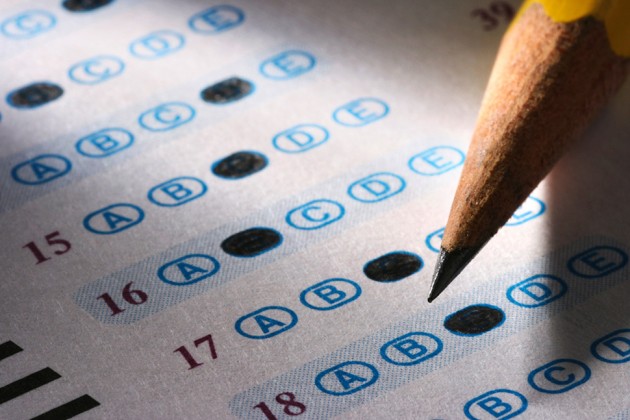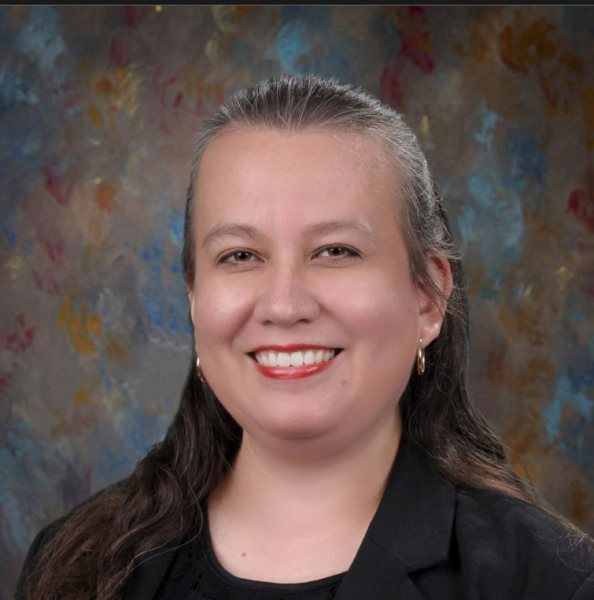Changes Coming to the SAT in 2016
The SAT, a familiar staple of upperclassmen development and academic readiness, will be changing in the 2016 spring. The new changes include making the essay portion optional, reducing the maximum score back to 1600, changing what what the essay asks for, elimination of point deductions (wrong answers simply won’t be counted, not penalized), and restructuring the questions in order to make them more relevant to what students will face in the real world.
“I would love to [take the new test] if I could,” senior Hannah Ivey said. Ivey has yet to take the SAT, but she will be taking the test this fall, prior to when the changes are expected to be enacted. “It just seems more geared towards students and what they’re actually learning in the classroom. Like, real-life-applied sort of things rather than theoretical questions or reasoning and random things like that that just don’t add up as well.”
The reading section will now include more evidence-based questions, and the documents that students are asked to analyze will involve passages from important historical and literary documents. Questions asking for obscure vocabulary words will be eliminated in favor of questions that ask for the definition of a word given in a certain context.
The math section will also focus on the interpretation of evidence (data), and will include a section in which the use of a calculator is not permitted. More advanced types of math will also be expected to appear on the new SAT.
The essay section will now be focused more on interpreting and explaining evidence, rather than relying on personal answers. Students will be aware of the essay question prior to the test, but the passages they will be asked to analyze will be unfamiliar at the time of testing. “More Than a Teacher” (an SAT prep class) tutor Matt Heisterman explains that the intent of this change is for colleges to be able to gauge whether or not students can identify and explain the value of rhetorical strategies used in essay writing.
“That’s really what colleges wanted in the first place. They did it [before] in a way that was… a bit indirect,” Heisterman said. “They said, “hey, I want you to write the passage”, but it wasn’t as effective to measure their capability because they didn’t get to see your analysis of somebody else, understanding whether or not you get it.”
The new version of the test will be less focused on reasoning and will involve more skills-based questions.
“Now, it’ll still have a lot of its reasoning component behind it, [but the SAT] is becoming much more like the ACT; it’s becoming more of a skills check,” Heisterman said.
“They’re moving towards higher level.”
–Matt Heinsterman
The restructuring of the essay portion and the new strategies in how the questions gauge student ability are being enacted partially so that the test is more in tune with what college are looking for in potential students.
“Now that they’re making their change it’s just making it easier for the incoming students that are taking it to fit the college criteria, and they don’t feel like they’re wasting all this work on something that’s not really being looked at,” senior Dayna Seiffert says.
Not only will the changes be more in tune with what students need to know for college, Heisterman believes the changes were enacted in order to make the test more fair to everyone taking it.
“I really think that you could defeat portions of the test by training for it. And so people who could afford to train– through things like [More Than a Teacher] could do better. You know, they could improve their score,” Heisterman says. “In the end they [the SAT developers] are trying to democratize the test, make it more fair to everybody.”
Seiffert, however, believes that the advantage lies with how much students want to improve their scores, rather than just whether or not they can afford professional help.
“I didn’t personally take a course to study for the SAT, I just kind of did it on my own,” Seiffert said. “There’s tons of online resources that people can take, that you don’t have to pay a class for.”
One new improvement in the test includes an official partnership with Khan Academy, who will now offer official online SAT preparations for free.
The time limit for the test will be shortened to three hours, as opposed to the former three hours and 45 minutes. Students who choose to complete the optional essay will have an extra 50 minutes to work on the essay.







